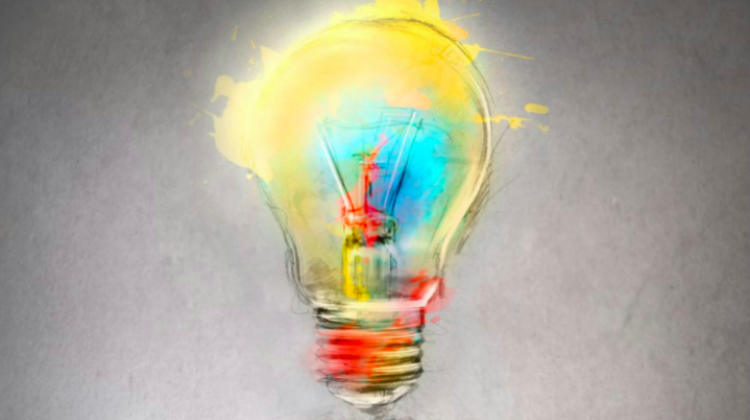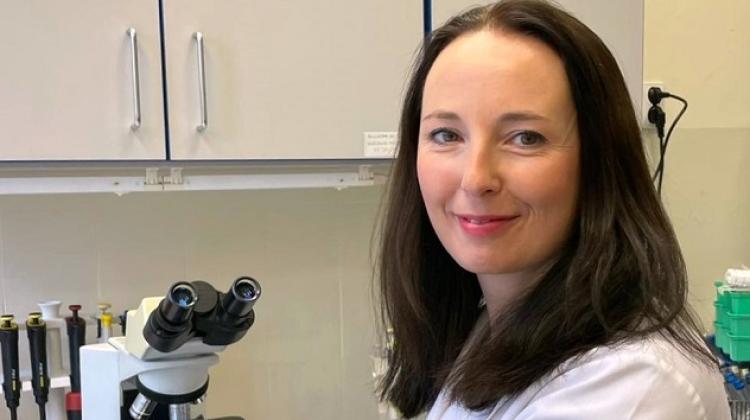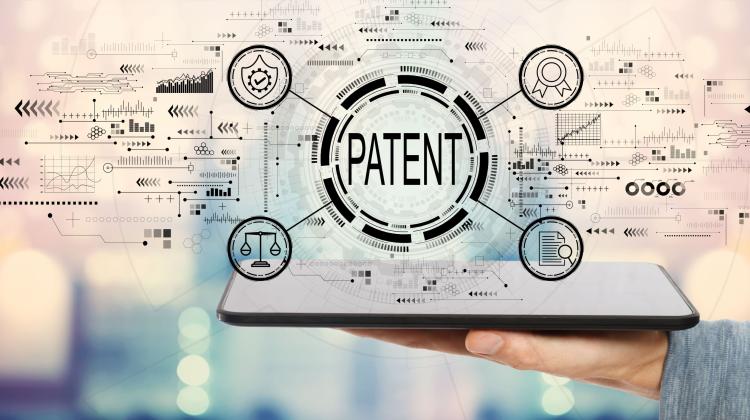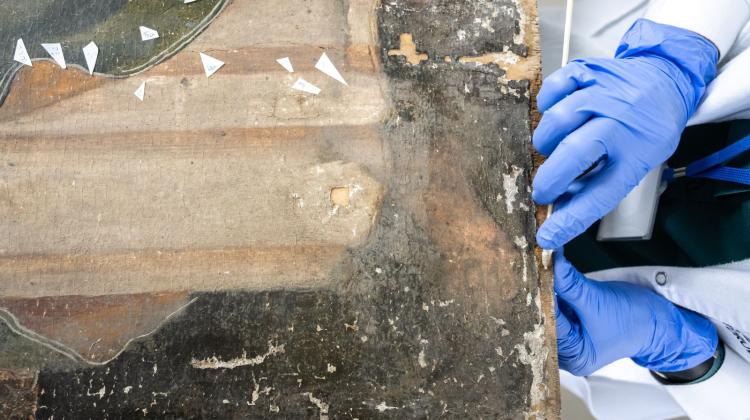PhD student at Wrocław University of Science and Technology creates labs on a chip

Improved glass chip for cell culture, cheap gas dispenser supporting that culture and a device that produces energy using yeast - with these ideas Agnieszka Podwin from Wrocław won the 8th edition of the competition "Innovation is a Woman".
Agnieszka Podwin is the winner of the 8th edition of the competition "Innovation is a Woman". Its aim is to select an innovative proprietary (or co-authored) technological solution or implementation concept for an existing technological solution.
"I entered the competition with three concepts, each of them related to the subject of lab on a chip" - Podwin says in an interview with PAP. "Lab on a chip" is a concept that includes various types of miniature devices that allow to increase the efficiency of biochemical analyses, for example analyses of genetic material, blood or single cells.
How would Podwin support "portable" biochemical analyses? The concepts that she submitted to the competition were: a glass chip for cell culture, a miniature gas dispenser supporting that culture, and a device that uses... yeast to produce energy.
"These solutions can be easily modified to form a coherent platform" - emphasises Agnieszka Podwin.
The first solution is an improved version of an existing device - a chip for cell culture made entirely of glass. "Glass is a perfect material for such a culture because it is biocompatible - it does not affect the processes that occur in the cells" - explains Podwin. The researcher decided to adapt this device to her research.
"Both the device itself and the cells grown in it are small, so the chip`s internal structures also have to be tiny. I improved the way of making them by using the technique called low-temperature bonding. Thanks to this, we do not need a specialized room to create a coherent structure of this chip, which reduces the costs of possible implementation into production."
The second solution is a gas dispenser, without which no cell culture could be maintained. Even in macro-sized cultures it is necessary to supply various types of nutrients and gases to the cells. But how to do it on a microchip, miniature by definition? "There are various types of micro-pumps available on the market, but they are very expensive" - notes the researcher. "Instead, I used the department 3D printer and my knowledge of membranes that can be used to regulate gas flow. It turned out that I could make a low-cost, small gas flow regulator myself. I use it in my own research".
The third solution is related to energy production. The researcher from Wrocław uses yeast! "In one of the microchip modules I grow yeast, which produce carbon dioxide during fermentation The compound is transferred to another module, where it +feeds+ euglenids - unicellular organisms, in which photosynthesis occurs. Thus, carbon dioxide is converted into oxygen" - she explains.
"This is how we obtain pure oxygen in our miniature device. And oxygen can be utilised in microbiological fuel cells and used for the production of small batteries" - adds Agnieszka Podwin.
She emphasizes that her solutions can be used in research on cancer cells` resistance to specific drugs. However, as she adds, she is only at the beginning of her scientific path. "I am extremely grateful for the help and support of my colleagues - both my scientific supervisor and all my colleagues from the department. Without their support I would not be able to develop my ideas to such an extent" - she says.
The PhD student from Wrocław will now have the opportunity to present her projects at the 21st Moscow International Salon of Inventions and Innovative Technology "Archimedes 2018" on 5-8 April. (PAP)
PAP - Science in Poland, Katarzyna Florencka
kflo/ ekr/ agt/ kap/
tr. RL
Przed dodaniem komentarza prosimy o zapoznanie z Regulaminem forum serwisu Nauka w Polsce.

















